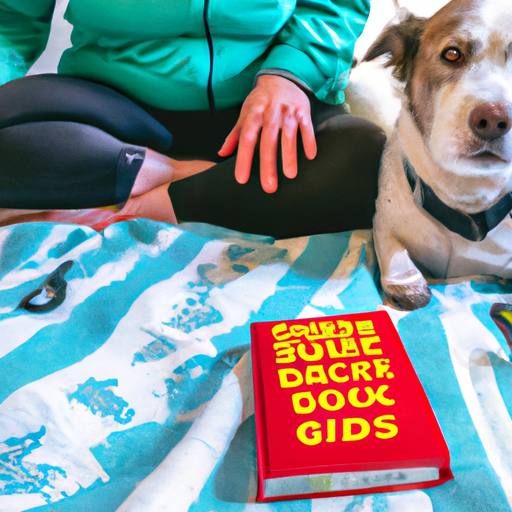Seizures are a terrifying experience for both dogs and their owners. The unpredictable nature of these episodes, along with the ensuing disorientation and physical discomfort, can make it hard for dogs to bounce back to their normal state. As a caregiver, it’s crucial to understand how dogs act after a seizure. This understanding will help you provide the necessary care your dog needs during the post-seizure period.
Table of Contents
- Understanding Canine Seizures
- How Dogs Behave After a Seizure
- Factors That Influence Post-Seizure Behavior
- How to Help Your Dog After a Seizure
- When to Consult a Vet
- Frequently Asked Questions
Key Takeaways
- Dogs often exhibit confusion, disorientation, and physical weakness after a seizure.
- Factors such as the severity of the seizure, the dog’s overall health, and the underlying cause of the seizure can influence post-seizure behavior.
- Providing a calm, quiet environment and keeping the dog hydrated can help in the post-seizure recovery.
- It’s crucial to consult with a veterinarian if seizures become frequent or if the dog’s post-seizure behavior is concerning.
Understanding Canine Seizures
Canine seizures, as explained in this PetMD article, can result from various causes, including epilepsy, brain tumors, toxins, or metabolic issues. They are sudden, uncontrolled bursts of electrical activity in the dog’s brain, causing physical convulsions and changes in behavior.
How Dogs Behave After a Seizure
After a seizure, dogs typically go through a period known as the postictal phase. The length and symptoms of this phase can vary depending on the individual dog and the severity of the seizure. Common behaviors include:
-
Disorientation and Confusion: Dogs often appear dazed or confused after a seizure. They may wander aimlessly or bump into objects.
-
Physical Weakness: Seizures are physically exhausting. Your dog may have difficulty standing or walking after a seizure.
-
Increased Thirst and Urination: The stress of a seizure can cause increased thirst and urination.
-
Changes in Appetite: Some dogs may lose their appetite, while others might eat more than usual.
Factors That Influence Post-Seizure Behavior
The behavior of a dog after a seizure can depend on various factors. These include the severity and duration of the seizure, the dog’s overall health, and the underlying cause of the seizure. For example, a mild seizure may result in temporary confusion, while a severe seizure can result in longer-term changes in behavior. You can learn more about the types of seizures and their implications on OneTopDog.
How to Help Your Dog After a Seizure
Helping your dog recover after a seizure involves providing comfort, ensuring safety, and monitoring their behavior. Here are a few steps you can take:
- Provide a Quiet Environment: Minimize noise and activity to help your dog recover.
- Ensure Hydration: Make sure your dog has access to fresh water to replenish lost fluids.
- Monitor Behavior: Keep an eye out for any concerning changes in your dog’s behavior.
For more tips on how to help your dog recover after a seizure, visit this guide on OneTopDog.
When to Consult a Vet
While it’s normal for dogs to act differently after a seizure, some behaviors may indicate a serious problem. If your dog’s post-seizure behavior is concerning or if seizures become frequent, it’s crucial to consult with a veterinarian. Also, if you have any questions about your dog’s health, don’t hesitate to reach out to your vet. You can find some relevant questions and their answers on this Q&A page on OneTopDog.
Frequently Asked Questions
Q: How long does the postictal phase last in dogs?
A: The postictal phase can last from a few minutes to several days, depending on the severity of the seizure and the dog’s overall health.
Q: Is it normal for dogs to sleep a lot after a seizure?
A: Yes, it’s normal for dogs to sleep a lot after a seizure. Seizures are physically exhausting, and sleep helps the dog recover.
Q: Should I take my dog to the vet after a seizure?
A: If it’s your dog’s first seizure, if the seizure lasts more than a few minutes, or if your dog has multiple seizures in a short period, you should take them to the vet immediately.
Understanding how dogs act after a seizure and providing the necessary care can significantly help your pet recover. Remember, while it’s crucial to provide comfort and care, it’s equally important to consult with a vet to address the underlying cause of the seizure.



